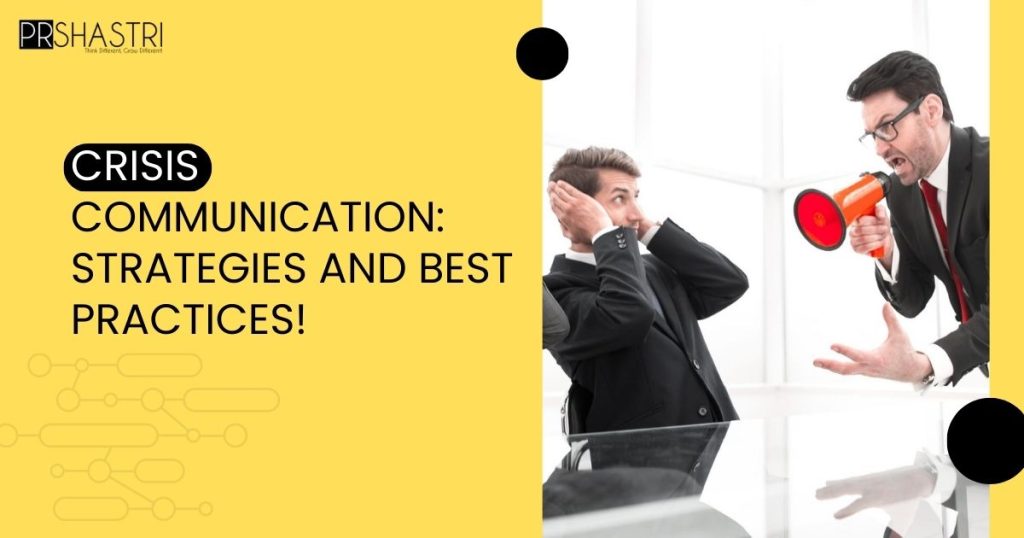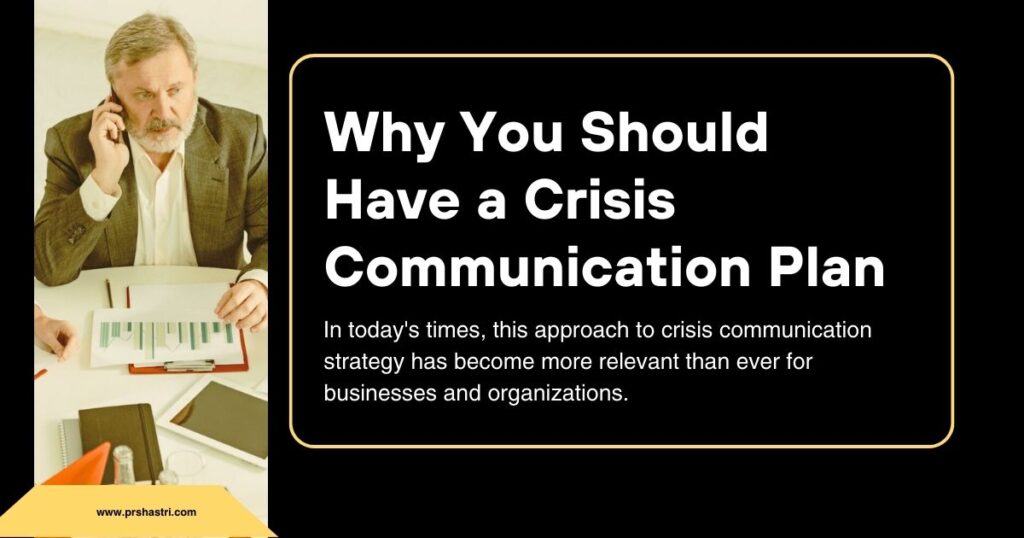Crisis communication refers to the process of managing and responding to an unexpected event that threatens the reputation or operations of an organization. Effective crisis communication strategies and best practices include:
- Develop a crisis communication plan: A crisis communication plan outlines the roles and responsibilities of the crisis management team, establishes communication protocols, and provides a framework for decision-making during a crisis.
- Communicate quickly and frequently: In a crisis, it’s important to communicate quickly and frequently to keep stakeholders informed and updated on the situation. This can be done through various channels, including social media, email, press releases, and press conferences.
- Be transparent and honest: Transparency and honesty are essential during a crisis. Stakeholders expect organizations to be forthright about the situation, including what caused the crisis, what is being done to resolve it, and what measures are being taken to prevent similar incidents from happening in the future.
- Empathize with those affected: Empathy is key to effective crisis communication. Organizations must acknowledge the impact of the crisis on those affected, including employees, customers, and the community.
- Monitor and respond to social media: Social media can be a powerful tool for communicating during a crisis, but it can also spread misinformation and rumors. Organizations should monitor social media and respond quickly to correct any false information or address concerns.
- Train spokespeople: Spokespeople play a critical role in crisis communication. They should be trained in how to communicate effectively during a crisis, including how to deliver messages clearly, handle difficult questions, and show empathy.
- Conduct a post-crisis review: After a crisis has been resolved, it’s important to conduct a post-crisis review to evaluate what worked well and what could be improved. This review can inform updates to the crisis communication plan and help organizations be better prepared for future crises.
In summary, effective crisis communication requires a well-planned and executed strategy that prioritizes transparency, honesty, empathy, and frequent communication. By following these best practices, organizations can successfully navigate a crisis and protect their reputation and operations.



